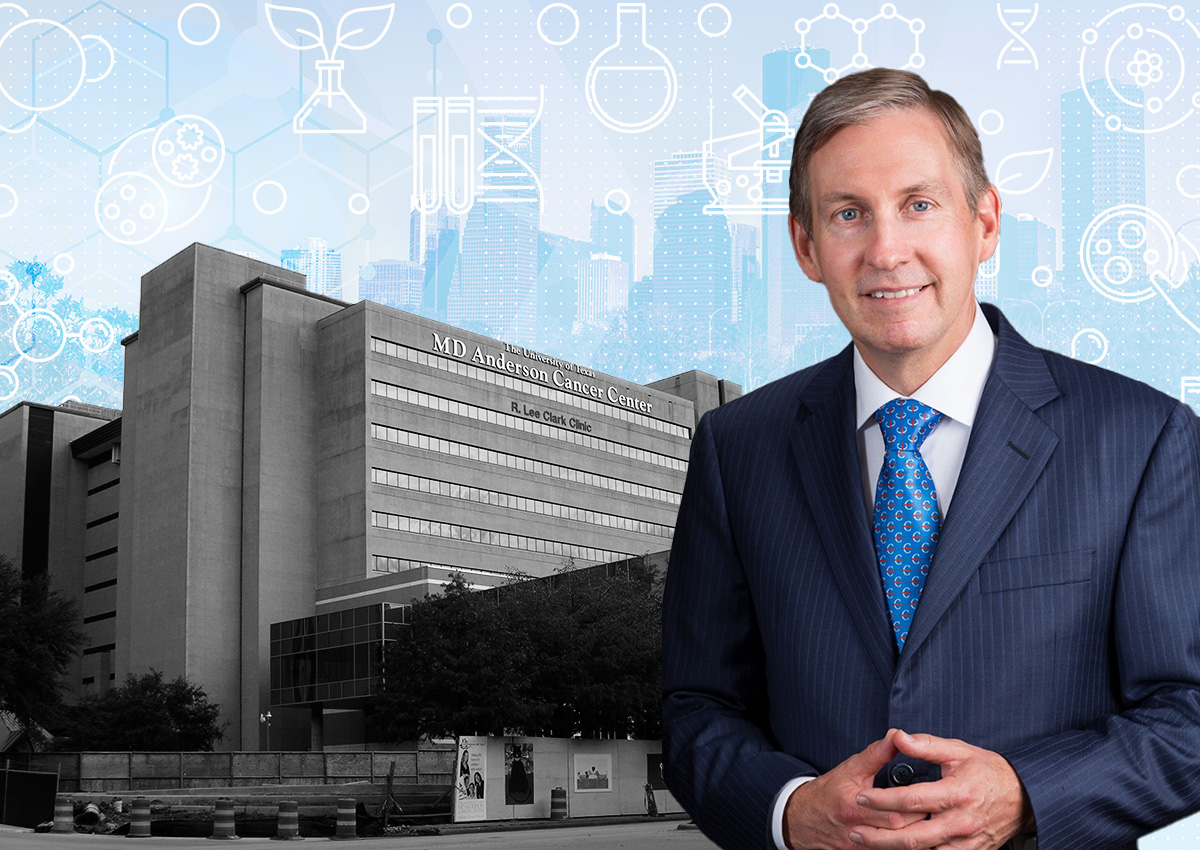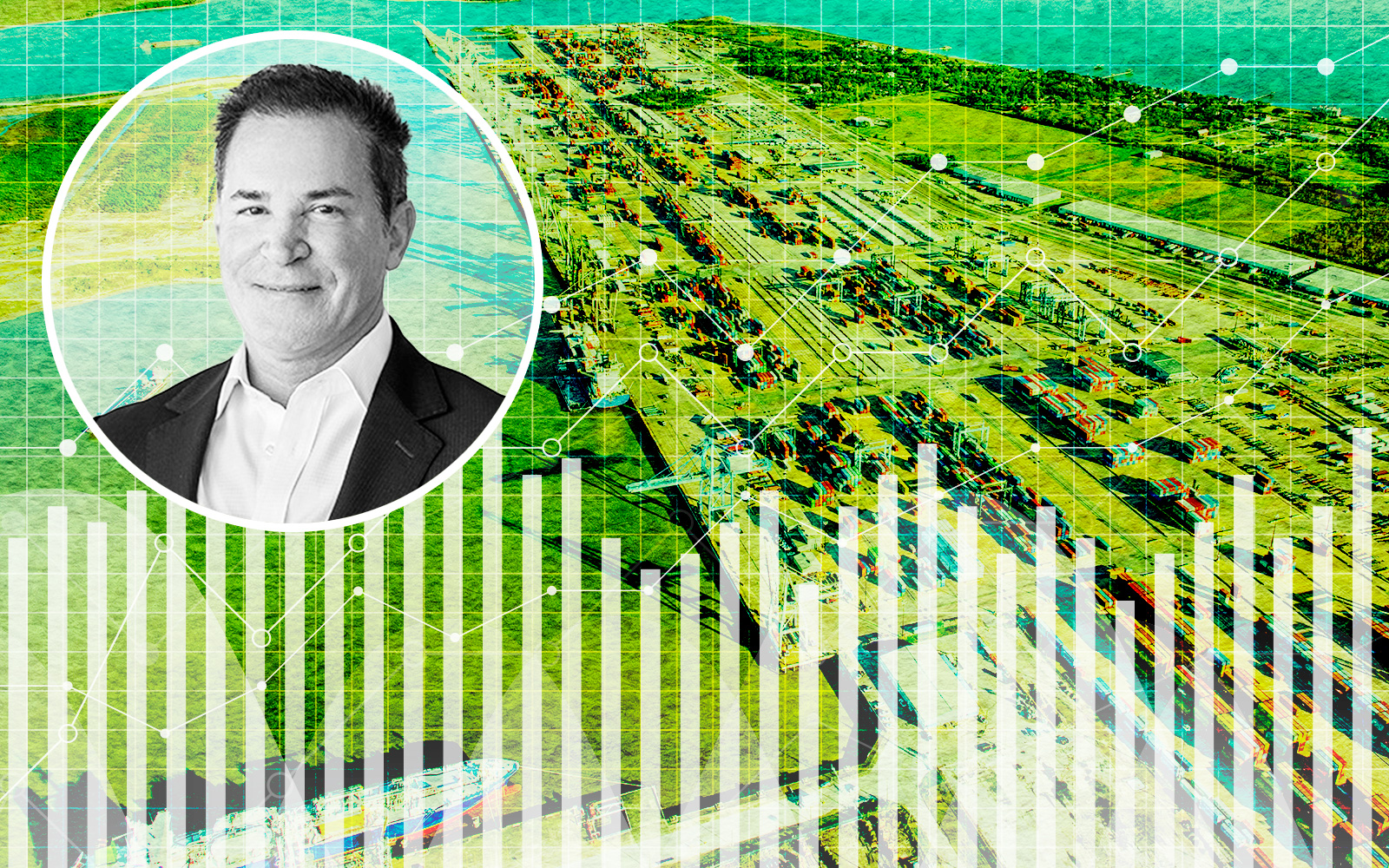McCord Development is investing big in life sciences and biomanufacturing with its latest venture, BioHub Two.
This 45-acre campus marks the first phase of a large-scale life science development at the 4,300-acre Generation Park master-planned community in Houston’s northeastern outskirts, adjacent to Summerwood and Lake Houston.
BioHub Two is expected to offer 500,000 square feet designated for offices and laboratories, as well as manufacturing sites. Plans also include two multifamily communities and a 5-acre green space, the Commons, that will have retail and restaurant space.
McCord began developing Generation Park in 2012. More than 7 million square feet of commercial space and 700 acres of residential have been completed.At full buildout, estimates suggest the community could hold over $12 billion of real estate investment and 50 million square feet of commercial properties.
Generation Park aims to help Space City become a prime hub of biomanufacturing. McCord is in on the deal to bring Texas’ first biotech training center to San Jacinto College’s campus in Generation Park.
Houston has long been known as a hub for the energy industry, but it’s also emerged as a leader in life sciences. The city is now home to more than 700 life science companies, and it ranked 13th among the nation’s top life science markets, according to a 2023 CBRE industry study, which includes the sector’s perennial powerhouse markets such as San Francisco and Boston. Houston leads Austin, which ranked 16 on the list, as the Lone Star State’s top-performing life science market.
Houston’s five-year growth in the sector comes from biotech startups and a slew of developments to serve them.
The metro area also ranked third among cities with the fastest-growing degree earners in biomedicine and biology between 2016 and 2021. Interest grew over 40 percent, indicating potential growth in the metro’s life science labor force. Only Phoenix and Riverside/San Bernardino saw larger potential labor force growth.
Read more



